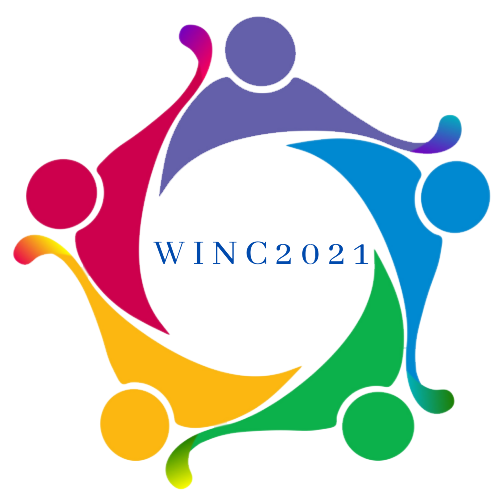Project Result 1
WIN-VAE:
a new methodology
for migrants

WIN-VAE is a new methodology of experience validation customised for migrants. Adopting this methodology allows validation practitioners to easily recognise migrants’ experiences, thus responding to their needs and enabling them to access the validation system.
At a broader level, access to the validation system translates into better labour inclusion and more adequate socio-economic conditions for migrants.
WIN-VAE has been developed after a careful analysis of European VAE methodologies and after interviewing experts in the field across Europe.
The main objective is to provide VAE practitioners with a new tool that can improve their performance and address the specific needs of migrants. Using European best practices and taking into account existing experiences, WIN-VAE is divided into four phases: Reception, Identification, Validation and Certification.
The WIN-VAE final project result is a Manual/Guidelines that describes in detail all the stages of the process, the tools, the techniques to be used and the role of the actors involved in the new WIN-VAE validation process.
The partnership is committed to bridging the gap between the current tools available to validation practitioners and the needs of migrants. The aim is to improve conditions for both practitioners and migrants and to generate positive effects in the field of education, training and employment.
Leading Partner
Main Output
Other Outputs
Main Output
Other Outputs

